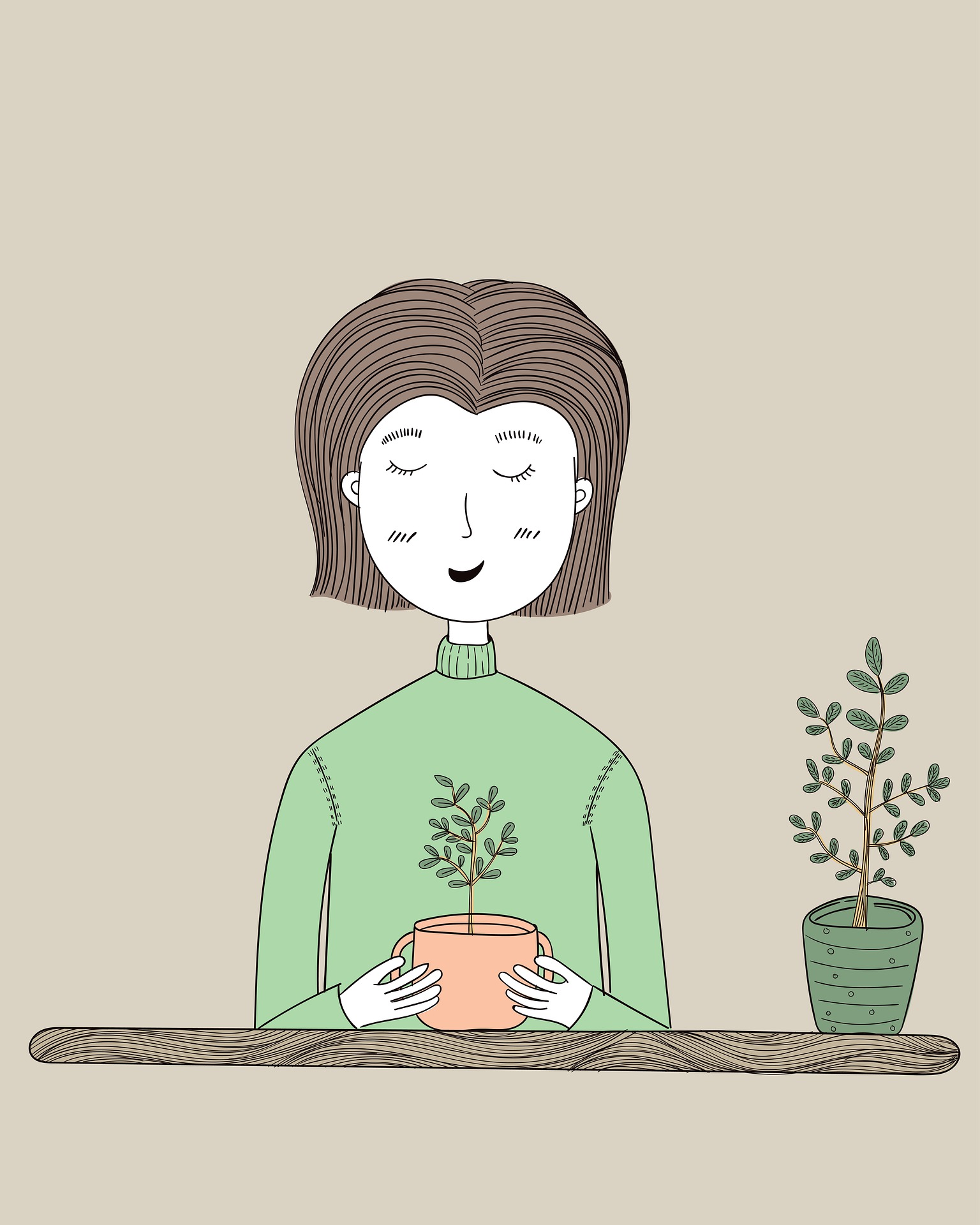What the world needs now are warriors of the body, mind, and spirit.
Reflecting over the past couple of pandemic years, I have noticed that a lot of the advice for dealing with life these days seems to be centered around nourishment and being gentle with oneself. While I don’t disagree with the premise, based on the circumstances and ongoing challenges of the pandemic, it makes me wonder if this is terrible advice for 2022.
To me, these unprecedented times actually require a resiliency and warrior-like attitude, which can only be embodied through practices that match the intensity of the times. It feels like now is the time for building up our ability to act as warriors of the body, mind, and spirit. In order to do so, we have to be armed with the right tools for the right circumstances.
Why is it important to move into thriving mode? Our family, friends, and the world need us.
Here are five specific practices that can help anyone develop the skills and presence of body, mind, and spirit necessary to not just survive these strange and difficult times, but to thrive:
1. Setting a physical goal in 2022. The goal could be to walk a 5k by the end of summer or to add weight training or yoga asana into a weekly regiment. Regardless of the goal, using small increments to reach the goal works best.
My goal is to successfully climb a 23,000-foot mountain by year’s end, so don’t dream too small either! The intensity doesn’t matter. What matters is to see ourselves committing to and following through with daily and weekly incremental objectives. By witnessing ourselves doing what we said we were going to do, we build up the warrior way of “stick-with-it-ness.”
2. Getting outside of our comfort zone. Many of us have had to dramatically shift how we do things in the world due to the pandemic. The “extra” that we are experiencing in our lives, can feel like too much. However, the root source of that “extra” feeling is most likely caused by fear and uncertainty, a place where many of us shut down. The invitation is to instead, intentionally step outside of our comfort zone.
For instance, I’ve taken up the Wim Hof breathing method, coupled with daily cold showers. As a result of stepping outside of my comfort zone, I recently found myself better able to cope with the stress of inner city driving. An example might be to offer up ideas at work meetings or to try something that we’ve never done before. By doing so, we build up what I call our RQ—Resilience Quotient.
An amplified RQ allows us to be better prepared for life’s curveballs.
3. Engaging in breathing exercises. One of the most potent ways to tap into the power of breath is by using specific breathing techniques. There are many different forms of breathing exercises available to try out. They range from yogic pranayama, breath exercises touted by hospitals and the fields of science and medicine, to the Wim Hof method.
Systematically engaging with the breath each day is one of the best ways to help regulate our sympathetic and parasympathetic nervous systems. By strengthening our relationship with the breath, it becomes a tool that can help in any situation.
Other benefits include positively affecting our heart rate, ability to digest food, blood flow, and increased energy. These scientifically proven benefits, in addition to learning how to regulate the nervous system by tapping into the breath, are the “ounce of prevention” that grandma used to talk about.
When we need these tools the most, it’s highly beneficial to have them at our fingertips through practice and familiarity.
4. Keeping a daily meditation practice. Meditation practices invite us into the present moment. When a crisis strikes, and particularly when that crisis is tinged with the unknown (which is certainly the case over the past couple of years with COVID-19), our minds often go to, “What if?”
From there, our thoughts tend to spiral out of control. Establishing and maintaining a meditation practice trains our minds to anchor to an object in the present moment. By returning again and again to an object, we train our minds to stay.
As we exercise this “being in the present” muscle, the ability to stay with what is currently happening becomes a lifeline during good times and bad. Not sure where to start? I’m a big proponent of finding a stellar meditation teacher and engaging in group meditation for establishing a daily practice.
5. Turning it all off, one evening a week. Turn off the radio, the television, and the computer once a week and focus on the beings in your life, a good book, and the quiet. Engage your family and friends in games or bask alone watching the evening sky. Complementing this practice with going to bed on time to get a full night’s rest leaves us feeling refreshed and more capable of handling life.
To be clear, I still engage in gentle self-care practices!
My morning routine involves getting up two hours before the rest of the house so that I can enjoy an exceptional cup of coffee, coupled with a few minutes of gentle yoga before my breathing exercises, meditation practice, and daily run. I do so because the house is quiet and the atmosphere is nourishing.
However, by examining how much stronger I feel by consistently working my resiliency muscles as well, I have found appreciation for engaging in more rigorous warrior practices for the body, mind, and spirit.









Read 19 comments and reply